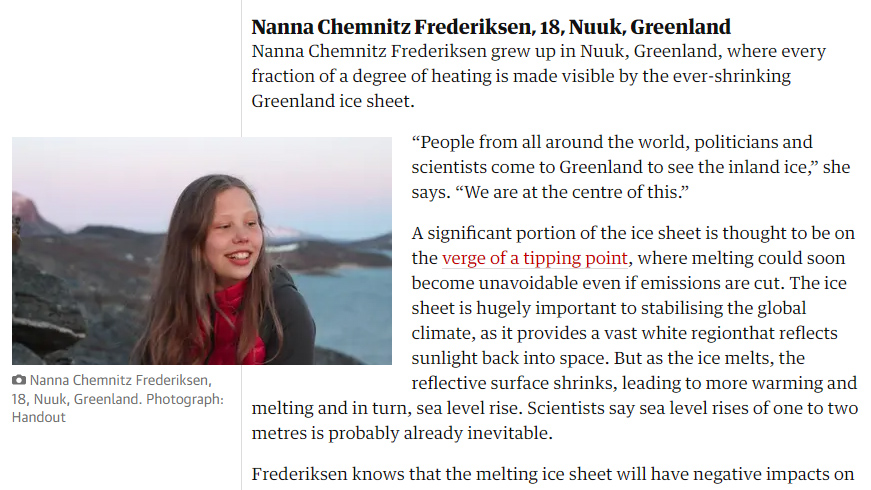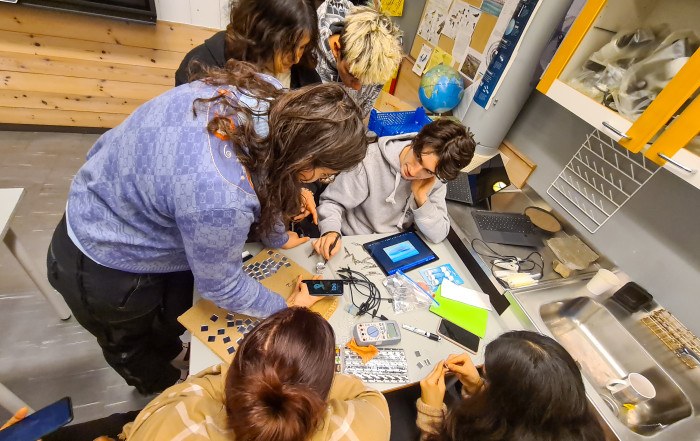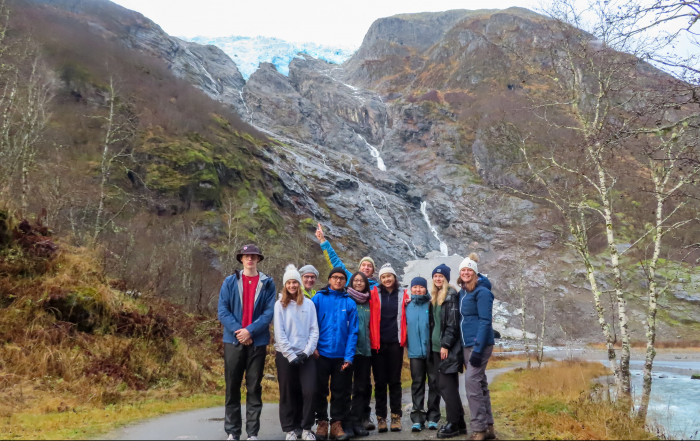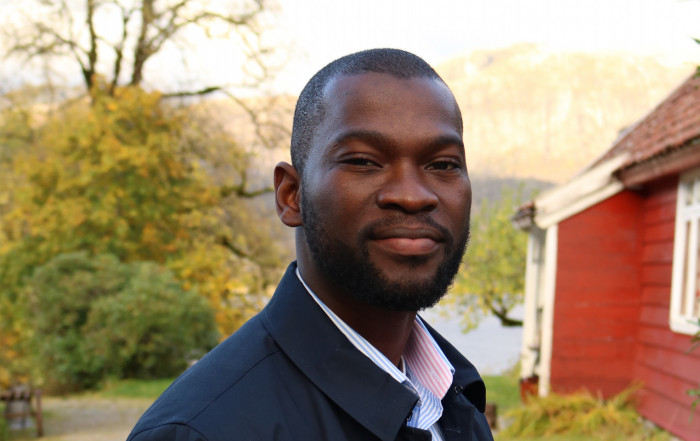“People from all around the world, politicians and scientists come to Greenland to see the inland ice,” she says. “We are at the centre of this.”
A significant portion of the ice sheet is thought to be on the verge of a tipping point, where melting could soon become unavoidable even if emissions are cut. The ice sheet is hugely important to stabilizing the global climate, as it provides a vast white region that reflects sunlight back into space. But as the ice melts, the reflective surface shrinks, leading to more warming and melting and in turn, sea level rise. Scientists say sea level rises of one to two metres is probably already inevitable.
Frederiksen knows that the melting ice sheet will have negative impacts on communities across Greenland, especially in northern settlements such as Qaanaaq where permafrost melting is destabilizing homes and roads and impacting how fishers and hunters operate.
But her real concern lies on the impact it will have globally. “I am not so scared of what the effects of the melting of ice in Greenland will be,” Frederiksen says, “It scares me what effect it can have for the rest of the world.”
Latest News
Interdisciplinary day
All second-year students who take a science subject have to participate in a project designed to encourage cooperation between the sciences, it is the Group 4 project. The Group 4 project is an element [...]
Call to Earth: Glaciers
Glaciers are giant reservoirs for 70% of the world's freshwater, and glacial retreat provides a stark visual representation of climate change. We have many glaciers in Norway, near us the biggest one on [...]
Visit of Faith Abiodun
Mid-October, we welcomed the Executive Director of UWC, Faith Abiodun, to campus. Faith joined UWC International as Executive Director in 2021, bringing a wealth of experience from his time as an education and [...]




